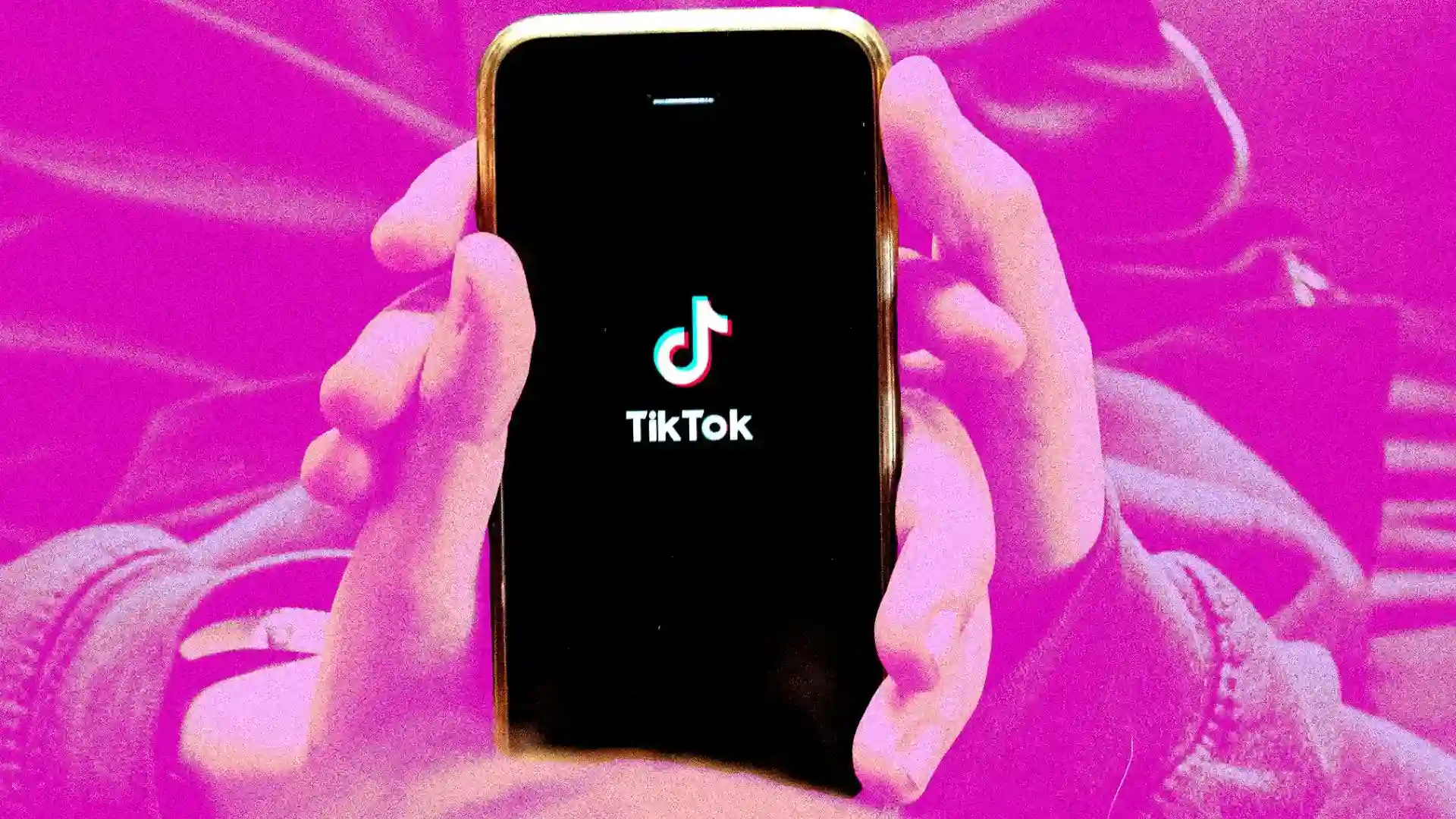TikTok’s legal team argued in court on Monday that a US law requiring the company to be sold by its Chinese owner, ByteDance, could have a “staggering” impact on free speech for its 170 million American users. The law, prompted by concerns over data security and alleged links to Chinese government surveillance, has led TikTok and ByteDance to challenge its constitutionality in court.
Arguments from TikTok and ByteDance
Andrew Pincus, representing TikTok and ByteDance, told the court that the law imposes an “extraordinary speech prohibition based on indeterminate future risks.” Pincus emphasized that ByteDance, the Cayman Islands-based holding company, is not owned or controlled by the Chinese government. However, Judge Sri Srinivasan questioned whether the firm could still be subject to Chinese influence.
READ MORE: Putin Commands Major Military Buildup: 180,000 More Troops To Boost Russian Army To 1.5 Million
“The owner of TikTok is ByteDance Limited, a Cayman Islands holding company,” Pincus clarified, addressing concerns about potential Chinese control. Despite this, Judge Srinivasan expressed doubts about ByteDance’s autonomy from Chinese authorities.
The Constitutional Debate
Jeffrey Fisher, representing TikTok creators, argued that the law could infringe upon their constitutional right to work with the platform of their choice. He stressed that the law would effectively limit their ability to engage with TikTok under its current ownership structure.
Contrastingly, Department of Justice lawyer Daniel Tenny contended that TikTok’s code is developed and maintained by ByteDance, not TikTok’s US operations. “There’s really no dispute here that the recommendation engine is maintained, developed, and written by ByteDance rather than TikTok US,” Tenny stated.
Concerns Over Free Speech and National Security
The law’s critics argue that it could set a dangerous precedent, potentially leading to repressive governments justifying their own restrictions on free speech. Xiangnong Wang, a staff attorney at Columbia University’s Knight First Amendment Institute, warned that such a ruling might encourage authoritarian regimes to limit access to international media and information.
Judicial Perspectives and Future Implications
James Lewis from the Center for Strategic and International Studies noted that the law was drafted with the intention of passing judicial scrutiny. “The substance of the case against TikTok is very strong,” Lewis commented. He also pointed out that the courts typically defer to the executive branch on national security matters.
Regardless of the outcome, experts predict that the case could continue for months and potentially reach the Supreme Court. Mike Proulx, vice president at Forrester, highlighted the “high stakes” of the case, suggesting that the Supreme Court may ultimately decide the fate of this landmark legal battle.
Ongoing Developments
As the appeals court considers the case, the future of TikTok in the US remains uncertain. The case’s progression will be closely watched for its potential impact on free speech and national security policies.
(Includes inputs from online sources)
ALSO READ: Saudi Arabia Set To Allow Increased IAEA Oversight Of Its Nuclear Facilities

















